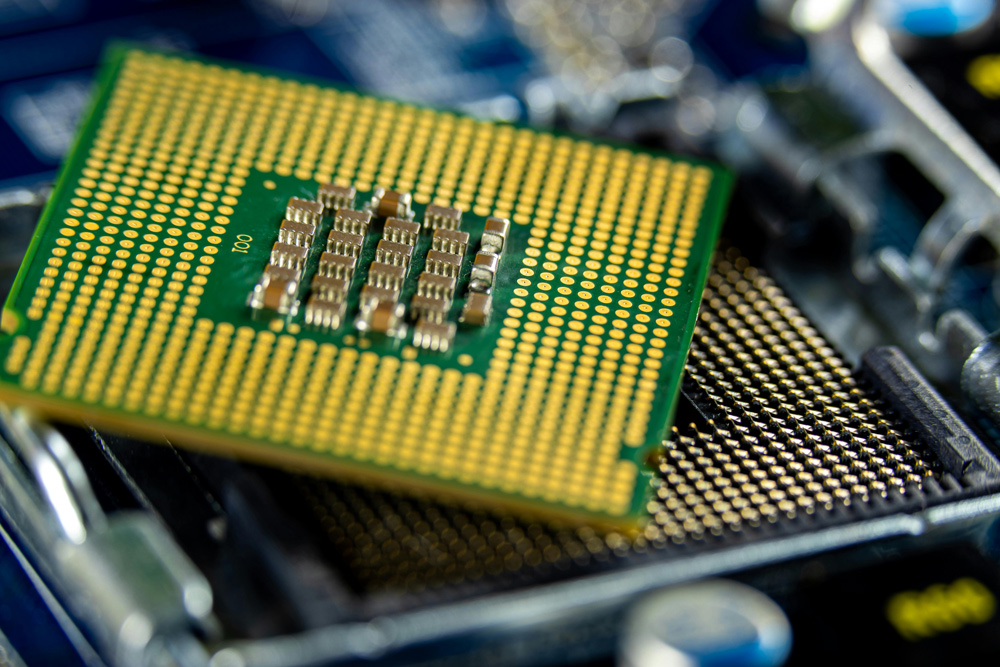As part of the National Semiconductor Strategy, the Malaysian Government will allocate at least 25 billion Malaysian ringgits (about 4.9 billion euro) over the next ten years, with the aim of fostering talent and boosting local businesses. These funds will come from the Malaysian sovereign wealth funds – such as Khazanah Nasional – but the aim is to also attract investments from abroad.
Malaysia has been active in the field of semiconductors for decades and, according to data provided by the Malaysian Development Investment Authority, around 13% of global packaging, assembly and testing services are now provided by the country. More than 20% of annual US semiconductor imports come from the Asian country, which has surpassed Taiwan, Japan and South Korea. However, as announced by the Government during the SEMICON Southeast Asia 2024 regional exposition for the electronics industry held in May, Malaysia intends to become a global hub for research and development in the industry by fostering an environment that integrates universities, research institutes and centres of excellence, and by training 60,000 local engineers.
The government-sponsored National Semiconductor Strategy will be divided into three phases focusing on integrated circuit design, advanced packaging and manufacturing equipment. More precisely, the first phase will harness the existing expertise of the Malaysian industry to support the modernisation of OSAT (outsourced semiconductor assembly and test) companies; the second phase will focus on the design, manufacture and test of state-of-the-art memory chips; and finally, the third phase will support the development of leading Malaysian companies in semiconductor design, advanced packaging and production equipment.
The Malaysian Government also aims to foster Malaysia’s privileged role as a neutral country not aligned with China or the US for the production of semiconductors, thus supporting the building of a more secure and resilient global semiconductor supply chain. Recently, precisely in order to shelter themselves from geopolitical turmoil, many foreign companies have already expanded their presence throughout South-East Asia and particularly in Malaysia.
International companies such as Intel, Micron, AT&S, Infineon and Nvidia are now present in the Country or have announced new deals. Other companies that have opted for Malaysia include the US company Texas Instruments and Lam Research, the Swedish company Ericsson, the German company Bosch and the Korean company Simmtech. For private parties, Malaysia is the ideal destination to diversify one’s business not only because of its strategic location, but also because of the diversity it offers in terms of culture and language, as well as for its high-quality workforce. Meanwhile, to attract venture capital companies and technology start-ups to the country, this year the Malaysian Government has launched the Golden Pass visa scheme along with other incentive packages.









